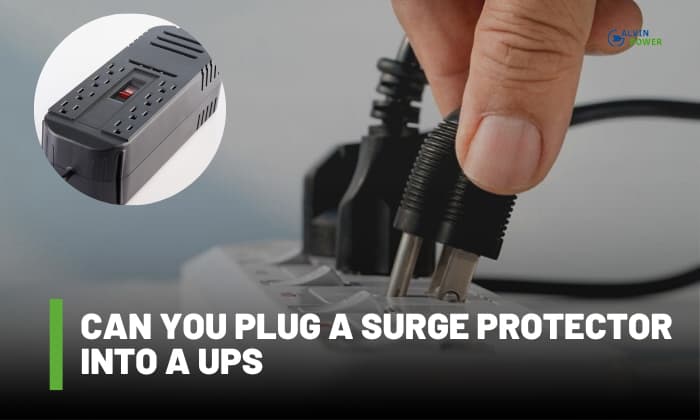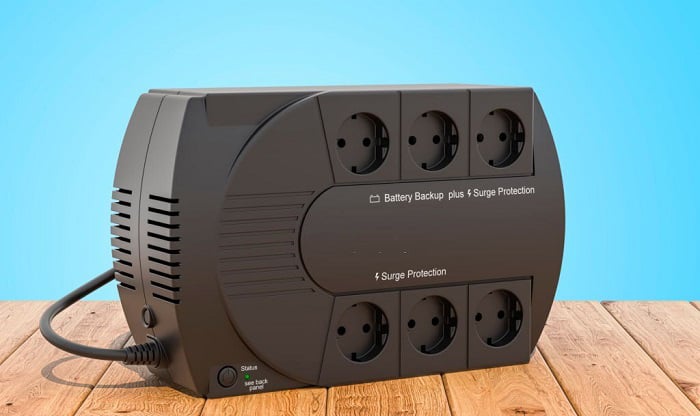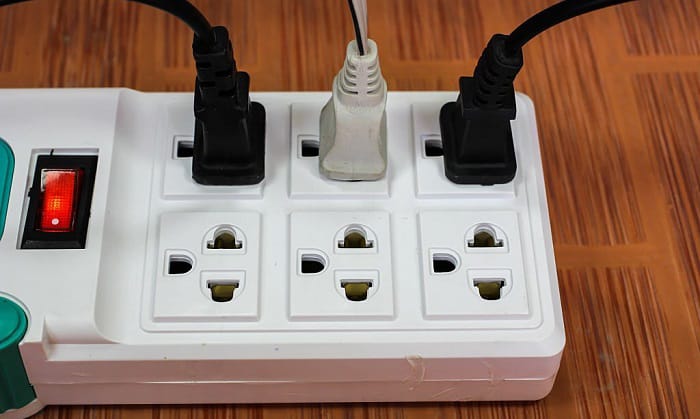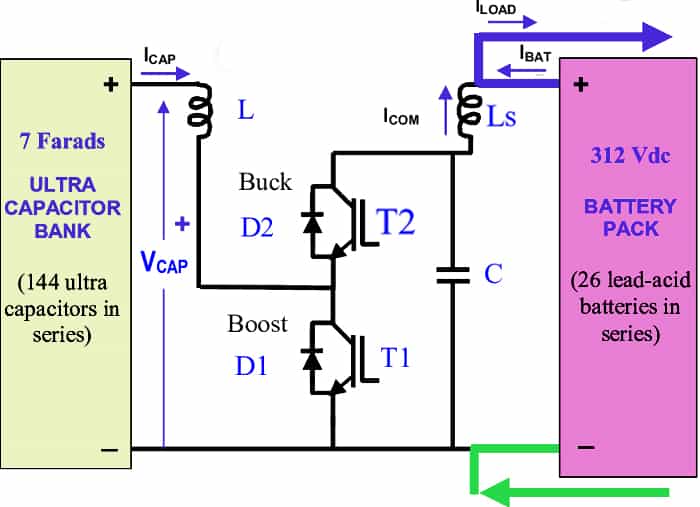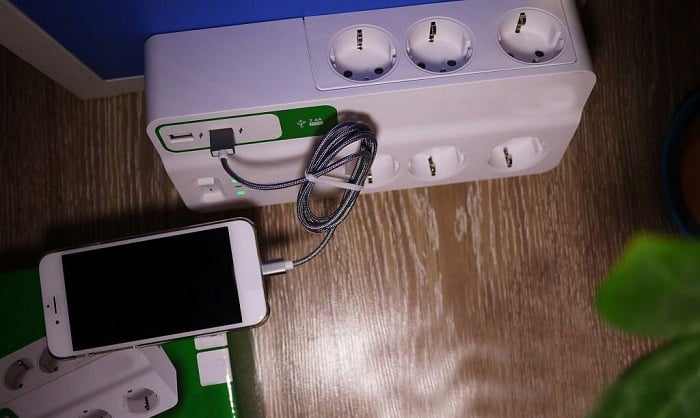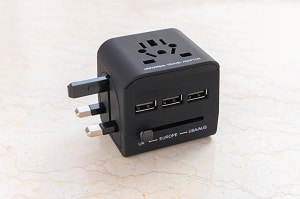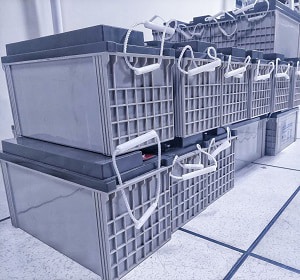You have a surge protector and an uninterruptible power supply (UPS) to help protect your devices from electrical problems. But can you plug a surge protector into a UPS?
It’s not advisable to plug a surge protector into a UPS. Doing so may trigger an overload as the connected device may draw more power from the UPS than intended.
Take note that there’s more to using a surge protector and a UPS than meets the eye. So continue reading to know more about items so you can use them properly and safely.
Table of Contents
Can a Surge Protector Be Plugged Into a UPS? Why You Shouldn’t Plug a Surge Protector Into a UPS?
Surge protectors & UPS provide extra security to connected electrical devices if a sudden voltage increase occurs. But it’s not ideal to use these items in a single assembly.
It’s important to note that surge protectors generally have noise filtration circuits. With these connected to a UPS, users may think they can plug in additional devices because the UPS will fail to register the correct load that’s being used.
With a surge protector plugged into UPS for an extended period, overloads may happen, especially if you’re using multiple high-power appliances on the same surge protector. Continuous operation of this setup may also lead to a house fire.
What Happens if I Plug a Surge Protector Into a UPS?
An uninterruptible power supply surge protection combo spells trouble for numerous reasons. As mentioned in the previous section, attempting this setup can cause an overload. Other consequences that may apply are:
- Electrical code violation
- Voiding of product warranty, making it harder to repair your electronics when things go wrong
Surge protector failing to power appliances
Alternatives
Ideally, users should directly plug their UPS into a dedicated wall receptacle. That way, the UPS can provide the correct amount of power when needed.
Aside from using UPS systems, individuals can also take advantage of two alternatives:
- All-In-One Power Solution
All-in-one power solutions are ideal in setups that require extreme voltage changes. These systems are available for different assemblies and niches, such as automotive and television, among others.
The specifications and features of all-in-one power solutions often depend on particular models. Nonetheless, these modules help prevent electronics from suffering significant harm from power surges.
- Ultracapacitor System
Also called supercapacitors, these energy storage technologies offer near-instant charging and discharging to connected devices when needed. Ultracapacitors promote different benefits like high dependability and extreme temperature tolerances.
Certain ultracapacitor systems also have space-friendly form factors. These models are only roughly larger than an adult human hand.
Frequently Asked Questions
Can You Plug A UPS Into A Power Strip?
Although it’s technically possible to use a UPS power strip assembly, it’s not an advisable practice. If you do so, the UPS may persist in using its internal battery, making it wear out faster than intended.
What Should Not Be Plugged Into A UPS?
As mentioned previously, you should think twice before you plug a power strip into a UPS. Other items that you shouldn’t plug into a UPS are:
- Copiers
- Curling irons
- Paper shredders
- Space heaters
- Vacuum cleaners
- Anything that exceeds the load of the UPS
A Surge Protector And A UPS: What Is The Difference?
Surge protectors do not provide backup power or guard against brownouts like a UPS does. They simply protect electronics from lightning strikes and voltage fluctuations.
Certain UPS models act as secondary surge protectors, so you get two benefits in one item. Hence, it can be a good idea to buy and use a UPS with surge protector as opposed to plugging a surge protector into a UPS.
Surge Protector Vs Power Strip: What’s The Difference?
The difference between a surge protector and a power strip is that the former protects against voltage spikes while the latter doesn’t come with any inherent features to guard against fires or protect devices. Some strips may have circuit breakers, but this attribute is not a must.
As for how to tell power strip vs surge protector apart, the latter will have joules ratings while the former is graded in amperage and voltage.
Related:
- Can You Plug a Power Strip Into Another Power Strip?
- Can You Plug a Space Heater into a Surge Protector?
What Is The Difference Between An APC Battery Backup And A UPS?
An APC battery backup and a UPS safely provide backup power in case of outages. That way, users can shut off their computers, gaming consoles, and other electronics safely.
Users may also take advantage of an APC UPS surge protector for additional security in protecting connected electronics.
What Is The Best UPS Surge Protector?
A pure sine wave model is better than a simulated sine wave type, though its superior performance comes at a higher price. Examples include the CyberPower CP1500EFCLCD and the Eaton 5SC, both of which are suitable for load-sensitive equipment.
Conclusion
By now, you should have the answer to the question, “Can you plug a surge protector into a UPS?” Remember, you shouldn’t attempt this setup even if you can. Otherwise, you’re going to bring unwanted risks of overloads to the items in the assembly.
Instead, you may want to think about using a UPS with a built-in surge protection feature. Then, directly plug that product to a dedicated wall outlet to prevent potential electrical hazards.

I am Edwin Jones, in charge of designing content for Galvinpower. I aspire to use my experiences in marketing to create reliable and necessary information to help our readers. It has been fun to work with Andrew and apply his incredible knowledge to our content.

